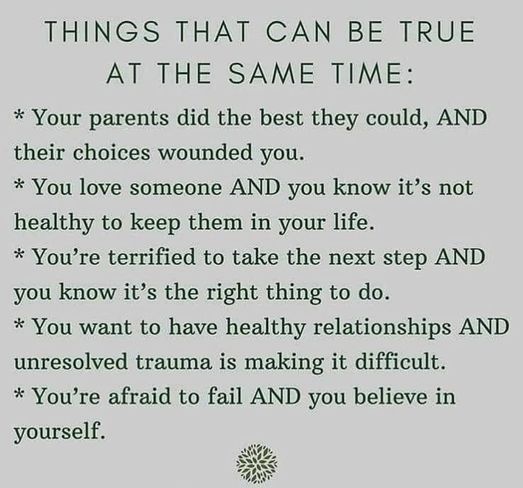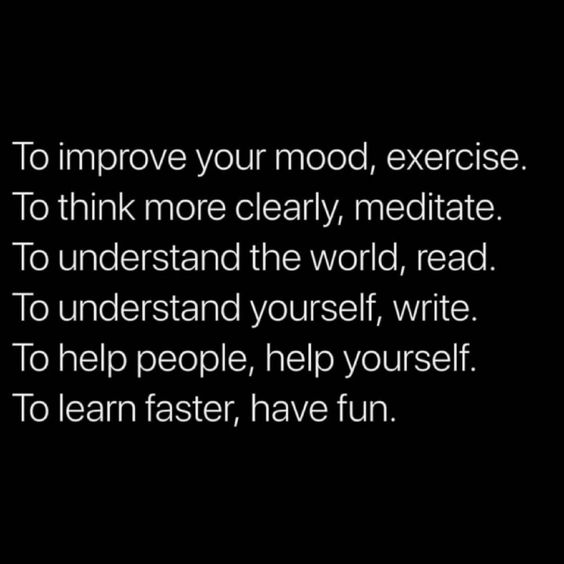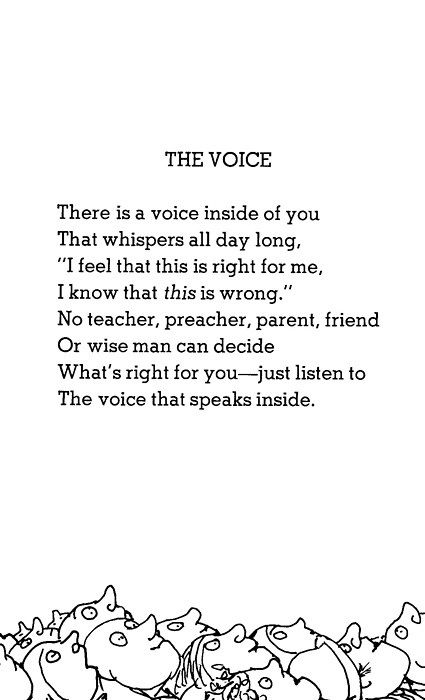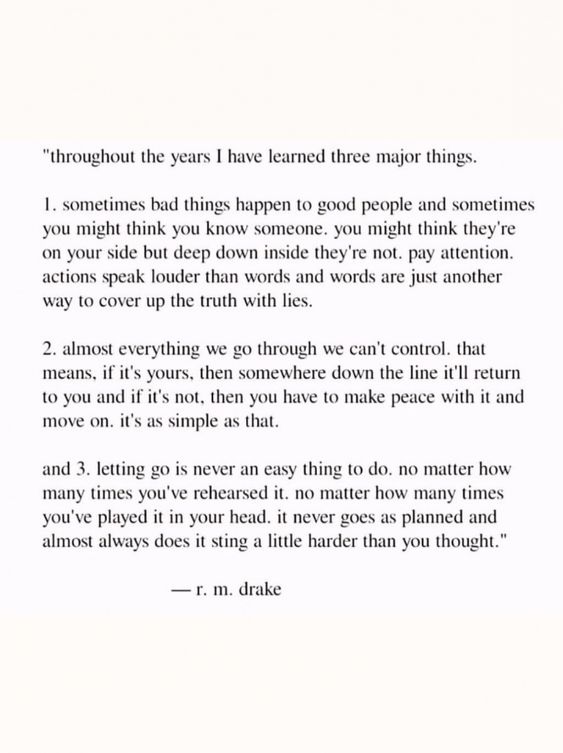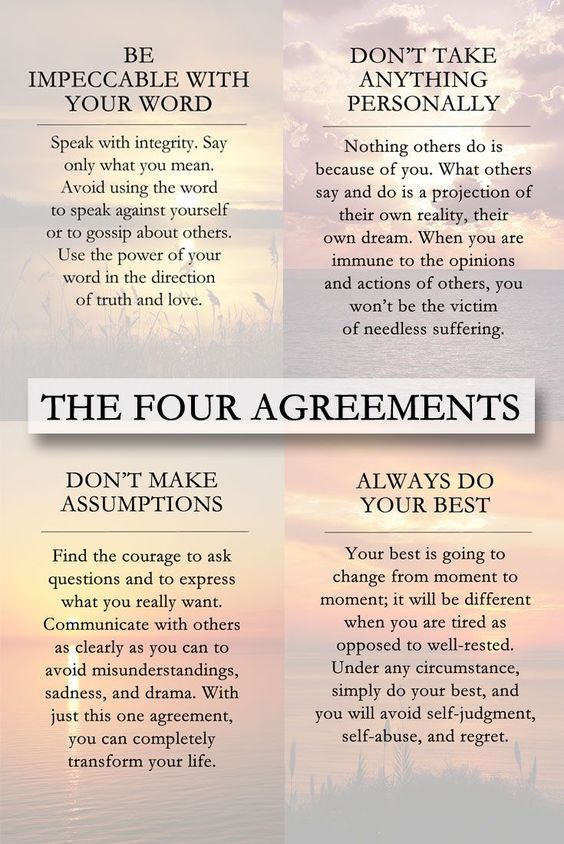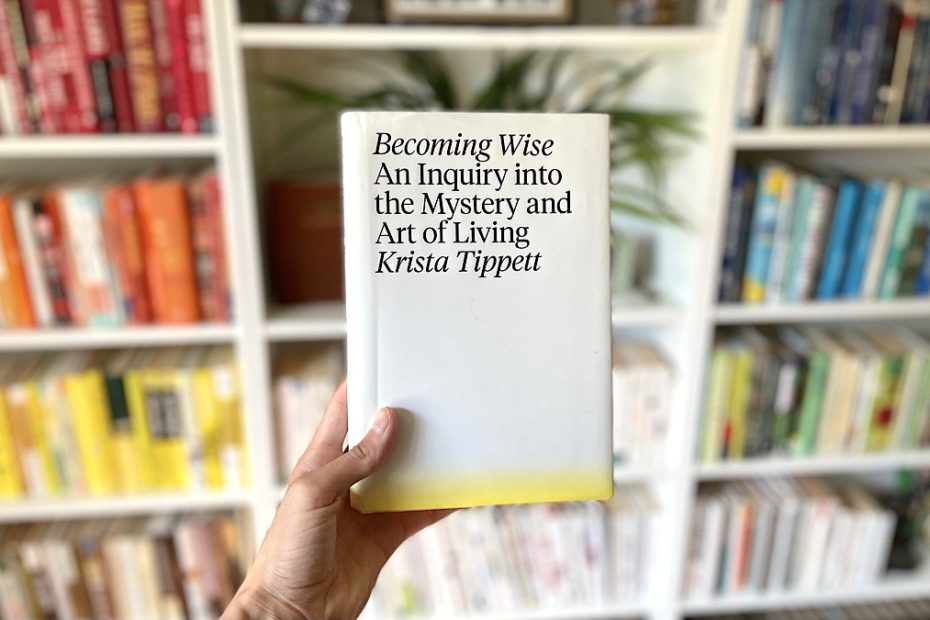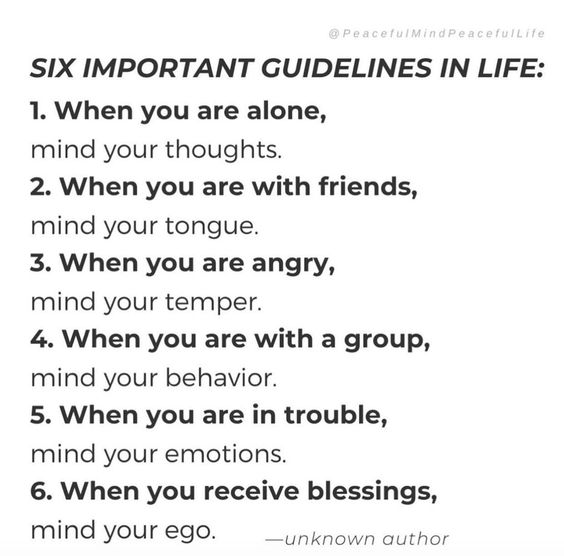“But the wise person can lose nothing. Such a person has everything stored up for themselves, leaving nothing to Fortune, their own goods are held firm, bound in virtue, which requires nothing from chance, and therefore can’t be either increased or diminished.”
Seneca, via The Daily Stoic (Page 295)
“Men, the philosopher’s lecture-hall is a hospital—you shouldn’t walk out of it feeling pleasure, but pain, for you aren’t well when you enter it.”
Epictetus, via The Daily Stoic (Page 264)
“What wisdom or help would you be able to find today if you stopped caring about affiliations and reputations? How much more could you see if you just focused on merit?”
Ryan Holiday, The Daily Stoic (Page 253)
“You’re welcome to take all of the words of the great philosophers and use them to your own liking (they’re dead; they don’t mind). Feel free to tweak and edit and improve as you like. Adapt them to the real conditions of the real world. The way to prove that you truly understand what you speak and write, that you truly are original, is to put them into practice. Speak them with your actions more than anything else.”
Ryan Holiday, The Daily Stoic (Page 241)
“Kindness is more important than wisdom, and the recognition of this is the beginning of wisdom.”
Theodore Isaac Rubin, via Sunbeams (Page 127)
The man in whom Tao Acts without impediment Does not bother with his own interests And does not despise Others who do. He does not struggle to make money And does not make a virtue of poverty. He goes his way Without relying on others And does not pride himself On walking alone. While he does not follow the crowd He won't complain of those who do. Rank and reward Make no appeal to him; Disgrace and shame Do not deter him. He is not always looking For right and wrong Always deciding "Yes" or "No." — Thomas Merton, The Way of Chuang Tzu, via Sunbeams (Page 121)
“In your actions, don’t procrastinate. In your conversations, don’t confuse. In your thoughts, don’t wander. In your soul, don’t be passive or aggressive. In your life, don’t be all about business.”
Marcus Aurelius, Meditations, via The Daily Stoic (Page 209)
32 Krista Tippett Quotes from Becoming Wise For A Deeper, More Nourishing Life
Excerpt: Filled to the brim with insight, these quotes from Becoming Wise explore the mystery and art of living for a more distilled, clear life.
Read More »32 Krista Tippett Quotes from Becoming Wise For A Deeper, More Nourishing Life
“I have seen that wisdom emerges precisely through those moments when we have to hold seemingly opposing realities in a creative tension and interplay: power and frailty, birth and death, pain and hope, beauty and brokenness, mystery and conviction, calm and buoyancy, mine and yours.”
Krista Tippett, Becoming Wise (Page 266)
“The core of life is about losses and deaths both subtle and catastrophic, over and over again, and also about loving and rising again. The cancer, the car accident—these are extreme experiences of other trajectories we’re on—aging, the loss of love, the death of dreams, the child leaving home. Grief and gladness, sickness and health, are not separate passages. They’re entwined and grow from and through each other, planting us, if we’ll let them, more profoundly in our bodies in all their flaws and their grace.”
Krista Tippett, Becoming Wise (Page 68)
“Our bodies tell us the truth of life that our minds can deny: that we are in any moment as much about softness as fortitude. Always in need of care and tenderness. Life is fluid, evanescent, evolving in every cell, in every breath. Never perfect. To be alive is by definition messy, always leaning towards disorder and surprise. How we open or close to the reality that we never arrive at safe enduring stasis is the matter, the raw material, of wisdom.”
Krista Tippett, Becoming Wise (Page 67)
“The wise act with a reverse clause—meaning that they not only consider what might go wrong, but they are prepared for that to be exactly what they want to happen—it is an opportunity for excellence and virtue.”
Ryan Holiday, The Daily Stoic (Page 181)
Becoming Wise: An Inquiry Into The Mystery And Art Of Living [Book]
![Becoming Wise: An Inquiry Into The Mystery And Art Of Living [Book]](https://movemequotes.com/wp-content/uploads/2021/06/Becoming-Wise-by-Krista-tippett.jpg)
Book Overview: In Becoming Wise, Krista Tippett has created a master class in living for a fractured world. Fracture, she says, is not the whole story of our time. The enduring question of what it means to be human has become inextricable from the challenge of who we are to one another. She insists on the possibility of personal depth and common life for this century, nurtured by science and “spiritual technologies,” with civility and love as muscular public practice. And, accompanied by a cross-disciplinary dream team of a teaching faculty, she shows us how.
Post(s) Inspired by this Book:

